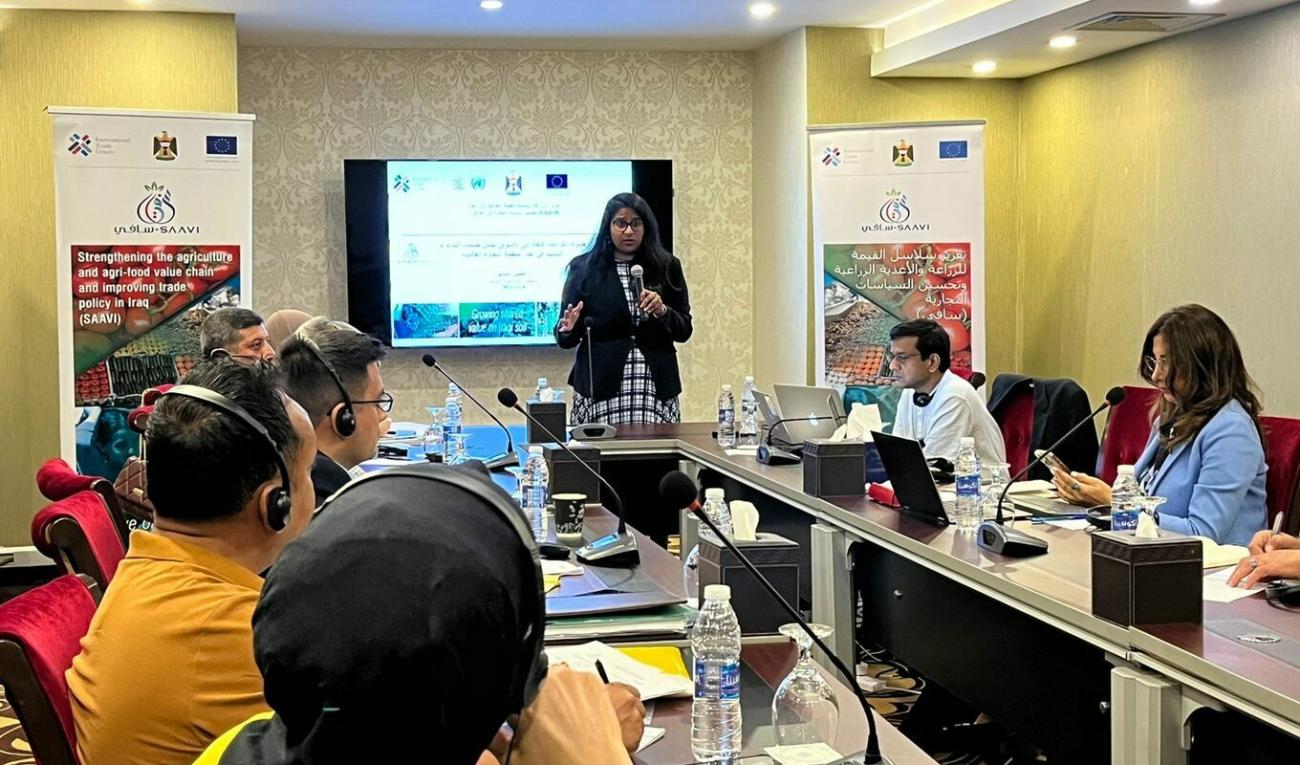Harmonizing Iraq’s trade regime: A 20-year milestone achieved

Iraq accelerates its World Trade Organization (WTO) accession process by unifying tariff rates with Kurdistan region of Iraq.
For the past 20 years, Iraq’s trade has operated under a dual customs regime, with different tariff rates in Federal Iraq and Kurdistan Region of Iraq (KRI). This dual system has led to varying administrative and economic customs policies, creating complications for trade, and challenges in the way of ensuring a transparent and predictable business environment.
The process of Iraq’s journey to join the WTO, began in 2004 and recently gained new momentum. A key requirement for WTO membership is the implementation of consistent policies nationwide, including aligning tariff rates, customs procedures, and regulatory practices across all regions. The differences in tariff structures between Federal Iraq and the KRI have been seen as a barrier to achieving the necessary coherence and transparency for WTO accession.
Recognising this, Iraq decided to harmonise the two customs regimes in 2019. However, the implementation was delayed for several years. In 2024, with the support of the International Trade Centre (ITC) through the “Strengthening the Agriculture and Agri-Food Value Chain and Improving Trade Policy (SAAVI)” project funded by the European Union, this harmonisation was finally undertaken. As the first step, the tariff regime in Federal Iraq was updated to comply with the World Customs Organization’s Harmonised System Code of 2017. The process then extended to KRI, involving detailed reviews and multiple joint workshops, with customs offices from Baghdad, Erbil and ITC experts.
Together, they examined over 15,000 tariff lines to ensure compliance with international standards and to create a unified structure. The unified tariff framework was formally approved by the Ministry of Finance and published in the Official Iraqi Gazette on 5th February 2024 (No. 4758).
Acknowledging the efforts, Mr. Hakkam Anttar, Senior Manager, Customs Valuation Office, General Commission of Customs, said: “The ITC through the SAAVI Project, in coordination with The Ministry of Trade has been providing expert technical support since the very beginning, in expediting the process of modernising and unifying Iraq’s Tariff structure based on 2017 Harmonized System. ITC, has played a vital role in developing an action plan with concepts and requirements.”
Resolving the dual customs regime issue marks a significant milestone in Iraq’s WTO accession process and underscores Iraq’s commitment to the multilateral trading system.
This achievement is part of a series of interventions undertaken by ITC to support the Government of Iraq, including substantial revisions to domestic reforms, alongside widespread capacity building and awareness-raising on WTO and trade policy.
About SAAVI: The “Strengthening the Agriculture and Agri-Food Value Chain and Improving Trade Policy’ (SAAVI) project, funded by the European Union, focuses on the development and implementation of sector strategies for high-potential products, as well as on defining market-oriented policies to improve predictability and efficiency in the business environment. SAAVI also helps enhance Iraq’s trade policy and supports the country in its WTO accession process.


